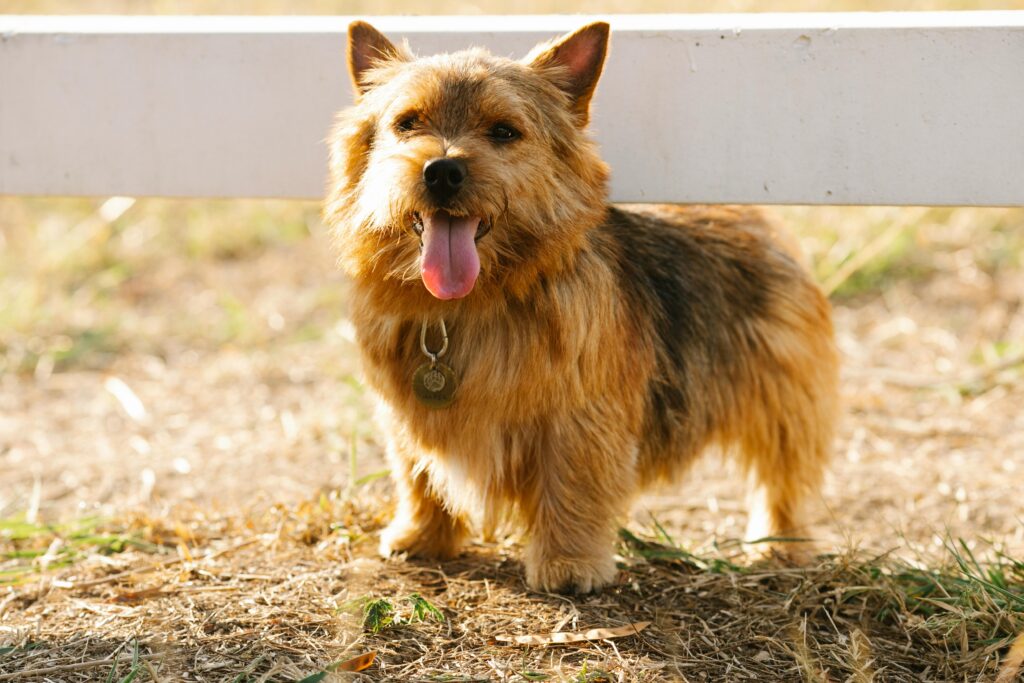
Bringing a puppy into your life is a joyful and long-term commitment. However, not all breeds fit every household. Choosing the right puppy breed based on your lifestyle ensures a better bond, fewer behavioral issues, and a happier life for both you and your furry companion. Here’s how to make the right choice.
Assess Your Living Space
The size of your home plays a big role in determining the right breed. If you live in a small apartment, opt for a breed that doesn’t need a lot of space to roam—like a French Bulldog or a Cavalier King Charles Spaniel. On the other hand, if you have a spacious home with a backyard, active breeds like Labrador Retrievers or Golden Retrievers can thrive in that environment.
Consider Your Activity Level
Are you an active person who enjoys hiking and running? Then high-energy breeds like Border Collies, Australian Shepherds, or Siberian Huskies might be great companions. However, if you prefer a more laid-back lifestyle, breeds such as Shih Tzus or Basset Hounds may be a better fit. Matching your activity level with your dog’s energy helps prevent boredom and destructive behavior.
Think About Time Commitment
Some dog breeds require more attention and time than others. Breeds like German Shepherds and Poodles are intelligent and need regular mental stimulation and training. If you have a busy schedule, consider low-maintenance breeds like Beagles or Chihuahuas that are more independent. Puppies of all breeds need time and patience, but understanding your availability helps ensure you can meet their emotional and physical needs.
Account for Allergies
If you or someone in your household has allergies, look for hypoallergenic breeds. Poodles, Maltese, and Portuguese Water Dogs are known for producing fewer allergens. While no dog is completely hypoallergenic, some breeds are easier to manage for allergy sufferers due to their coat type and shedding levels.
Grooming Needs and Shedding
Grooming is another important factor. Long-haired breeds like Lhasa Apsos or Afghan Hounds require frequent grooming and maintenance. Short-haired breeds such as Boxers or Boston Terriers are easier to manage. Consider whether you have the time and budget for professional grooming services if needed.
Children and Other Pets
If you have young children or other pets at home, it’s vital to choose a breed known for being gentle and sociable. Breeds like Labradors, Golden Retrievers, and Pugs are generally excellent with kids and get along well with other animals. Some breeds, however, may prefer a quieter home without too much hustle and bustle.
Your Experience with Dogs
First-time dog owners may do better with easygoing breeds that are more forgiving of mistakes, such as Cavalier King Charles Spaniels, Pugs, or Labradors. Experienced dog owners who are familiar with training and handling might enjoy more challenging breeds like Belgian Malinois or Akitas.
Research Breed Traits Thoroughly
Every breed has unique traits, temperaments, and potential health issues. Spend time researching or consulting with breeders, vets, and pet professionals. Online resources and breed selector tools can also help guide your decision.
Adopt with an Open Heart
While choosing a breed is important, don’t forget about mixed-breed puppies at shelters. They often make wonderful companions and come with a blend of traits from various breeds. Rescue dogs can be incredibly loyal and grateful for a second chance at a loving home.
Conclusion
Choosing the right puppy breed involves more than just looks or trends—it’s about creating a lifelong match based on your lifestyle, personality, and capabilities. Take the time to understand your needs and the puppy’s requirements. When matched well, your bond will grow strong, creating years of joyful companionship.
